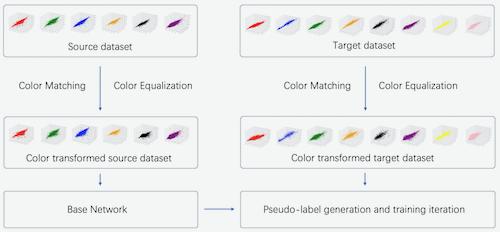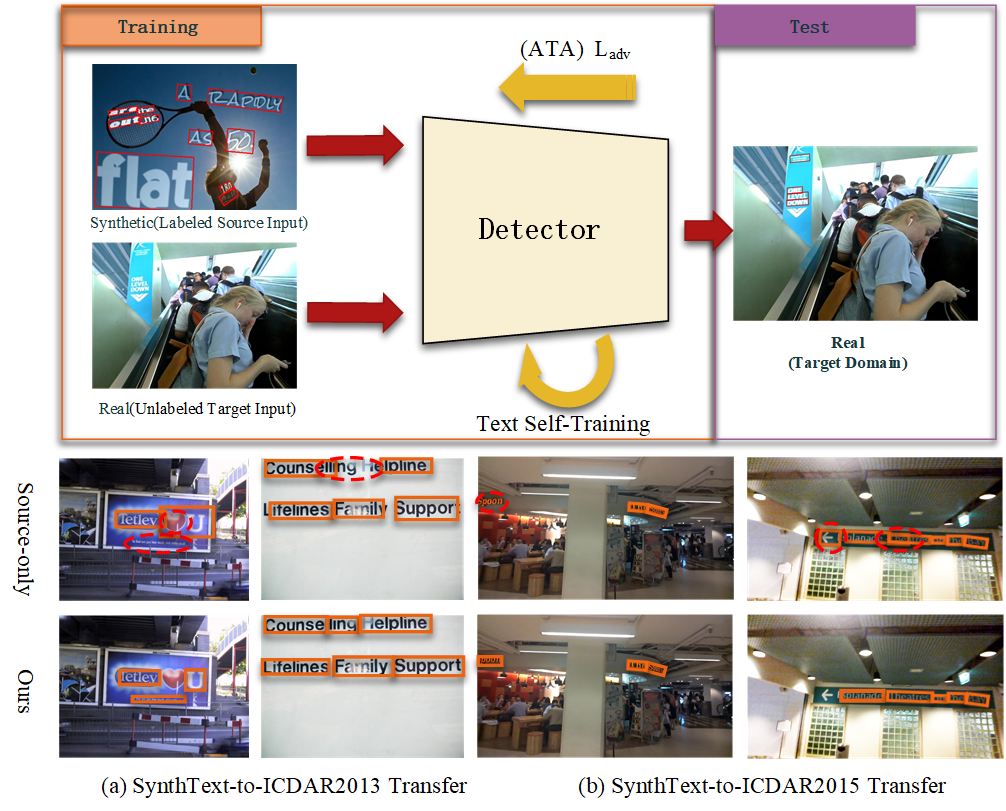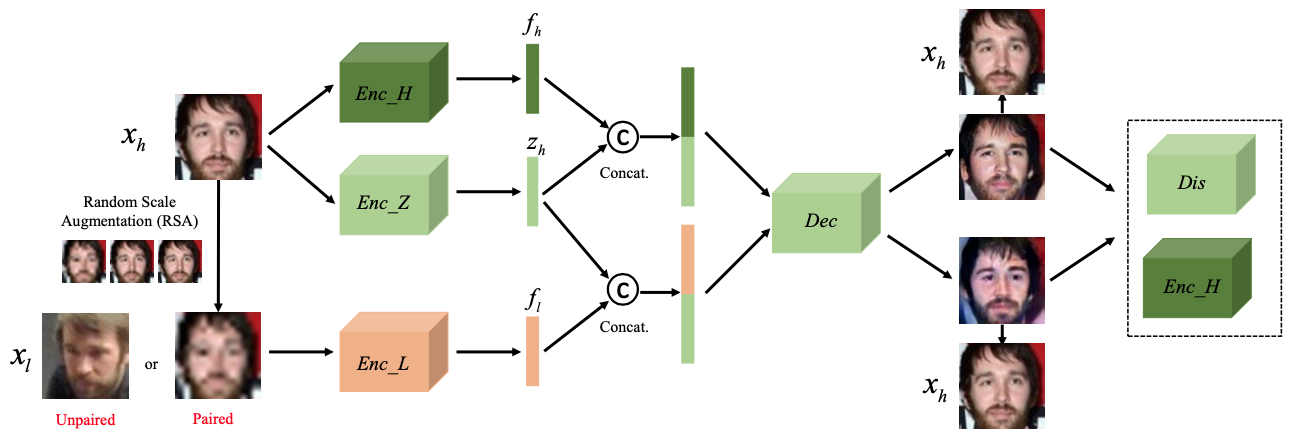Synthetic-to-real domain adaptation for lane detection
Noa Garnett (GM), Roy Uziel (Ben-Gurion University), Netalee Efrat (General Motors), Dan Levi (General Motors)*
Keywords: Applications of Computer Vision, Vision for X
Abstract:
Accurate lane detection, a crucial enabler for autonomous driving, currently relies on obtaining a large and diverse labeled training dataset. In this work, we explore learning from abundant, randomly generated synthetic data, together with unlabeled or partially labeled target domain data, instead. Randomly generated synthetic data has the advantage of controlled variability in the lane geometry and lighting, but it is limited in terms of photo-realism. This poses the challenge of adapting models learned on the unrealistic synthetic domain to real images. To this end we develop a novel autoencoder-based approach that uses synthetic labels unaligned with particular images for adapting to target domain data. In addition, we explore existing domain adaptation approaches, such as image translation and self-supervision, and adjust them to the lane detection task. We test all approaches in the unsupervised domain adaptation setting in which no target domain labels are available and in the semi-supervised setting in which a small portion of the target images are labeled. In extensive experiments using three different datasets, we demonstrate the possibility to save costly target domain labeling efforts. For example, using our proposed autoencoder approach on the llamas and tuSimple lane datasets, we can almost recover the fully supervised accuracy with only 10% of the labeled data. In addition, our autoencoder approach outperforms all other methods in the semi-supervised domain adaptation scenario.
SlidesLive
Similar Papers
Second-order Camera-aware Color Transformation for Cross-domain Person Re-identification
Wangmeng Xiang (The Hong Kong Polytechnic University), Hongwei Yong (The Hong Kong Polytechnic University), Jianqiang Huang (Damo Academy, Alibaba Group), Xian-Sheng Hua (Alibaba Group), Lei Zhang ("Hong Kong Polytechnic University, Hong Kong, China")*

Synthetic-to-Real Unsupervised Domain Adaptation for Scene Text Detection in the Wild
weijia wu (Zhejiang University)*, Ning Lu (Tencent Cloud Product Department), Enze Xie (The University of Hong Kong), Yuxing Wang (Zhejiang University), Wenwen Yu (Xuzhou Medical University), Cheng Yang (Zhejiang University), HONG ZHOU (Zhejiang University)

FAN: Feature Adaptation Network for Surveillance Face Recognition and Normalization
Xi Yin (Microsoft Cloud & AI)*, Ying Tai (Tencent YouTu), Yuge Huang (Tencent YouTu), Xiaoming Liu (Michigan State University)
